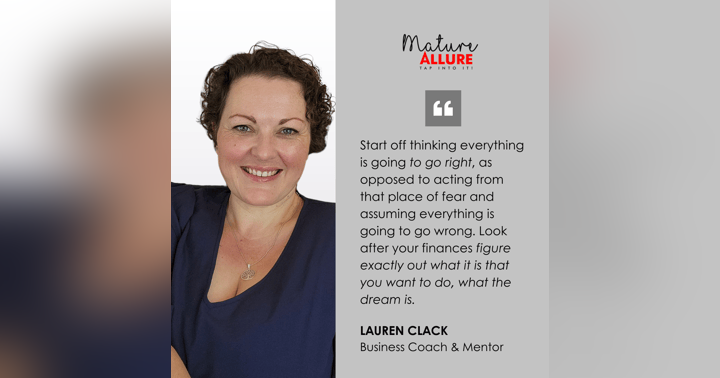Managing Sickle Cell Disease with Confidence

By Stephanie Chilton -
Sickle cell disease (SCD) can present unique challenges for women over 40. As you navigate this stage of life, balancing the effects of SCD with age-related health concerns becomes crucial. Here’s a guide to help you manage SCD effectively.
Regular Medical Check-Ups
Consistent medical care is essential. Regular visits to a hematologist will help manage SCD complications, monitor your health, and adjust treatment plans as needed. It’s important to stay on top of these appointments to prevent complications from escalating.
Pain Management Strategies
Chronic pain is a common issue with SCD. Work with your healthcare provider to develop a comprehensive pain management plan. This might include medications, physical therapy, or home remedies such as heating pads, hot baths or massages. Pain management strategies should be tailored to your specific needs and adjusted over time.
Hormonal Changes and Menopause
Hormonal changes during menopause can affect SCD symptoms. Discuss with your doctor how these changes might impact your disease and explore options for managing symptoms. Hormone therapy may be considered, but it’s essential to weigh the benefits and risks with your physician.
Nutrition and Hydration
Maintaining a balanced diet and staying hydrated are crucial for managing SCD. Aim for a diet rich in fruits, vegetables, whole grains, and lean proteins. Dehydration can trigger sickle cell crises so drink plenty of water, especially during hot weather.
Exercise and Physical Activity
Regular, moderate exercise can help manage stress, improve circulation, and maintain overall health. Activities like walking, swimming, or yoga can be beneficial. However, avoid overexertion and consult your doctor to determine the safest exercise routine.
Mental Health Support
Coping with a chronic illness can be emotionally challenging. Approximately 1 in 3 people with SCD suffer with depression. Consider seeking support from a mental health professional or joining a support group. Connecting with others who understand your experience can provide valuable emotional support.
At Mature Allure we believe that the wisdom you’ve gained over the years is your greatest asset and should be shared with the world. If you are a sufferer, please share your tips with other readers. What helps you to live positively with SCD?







